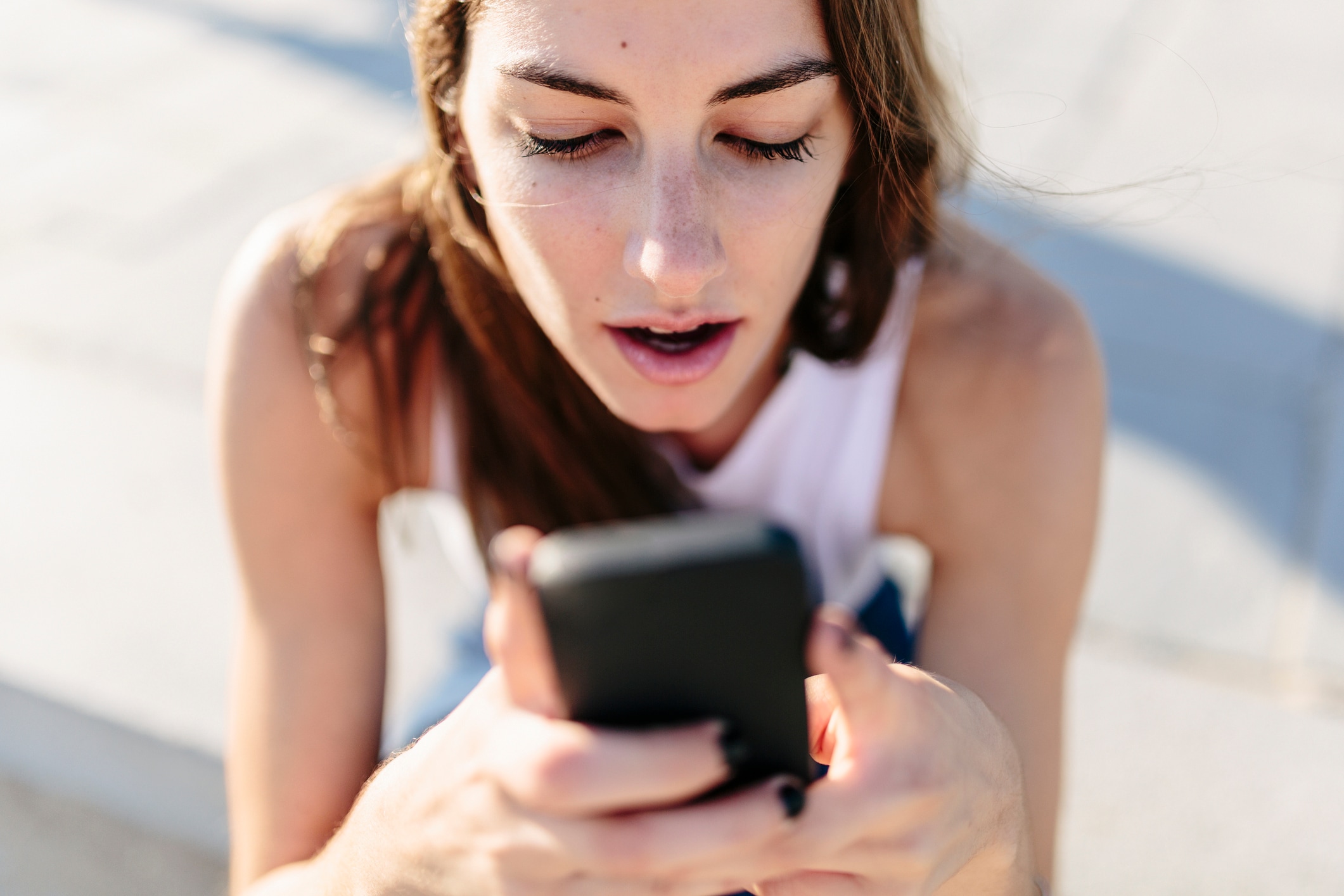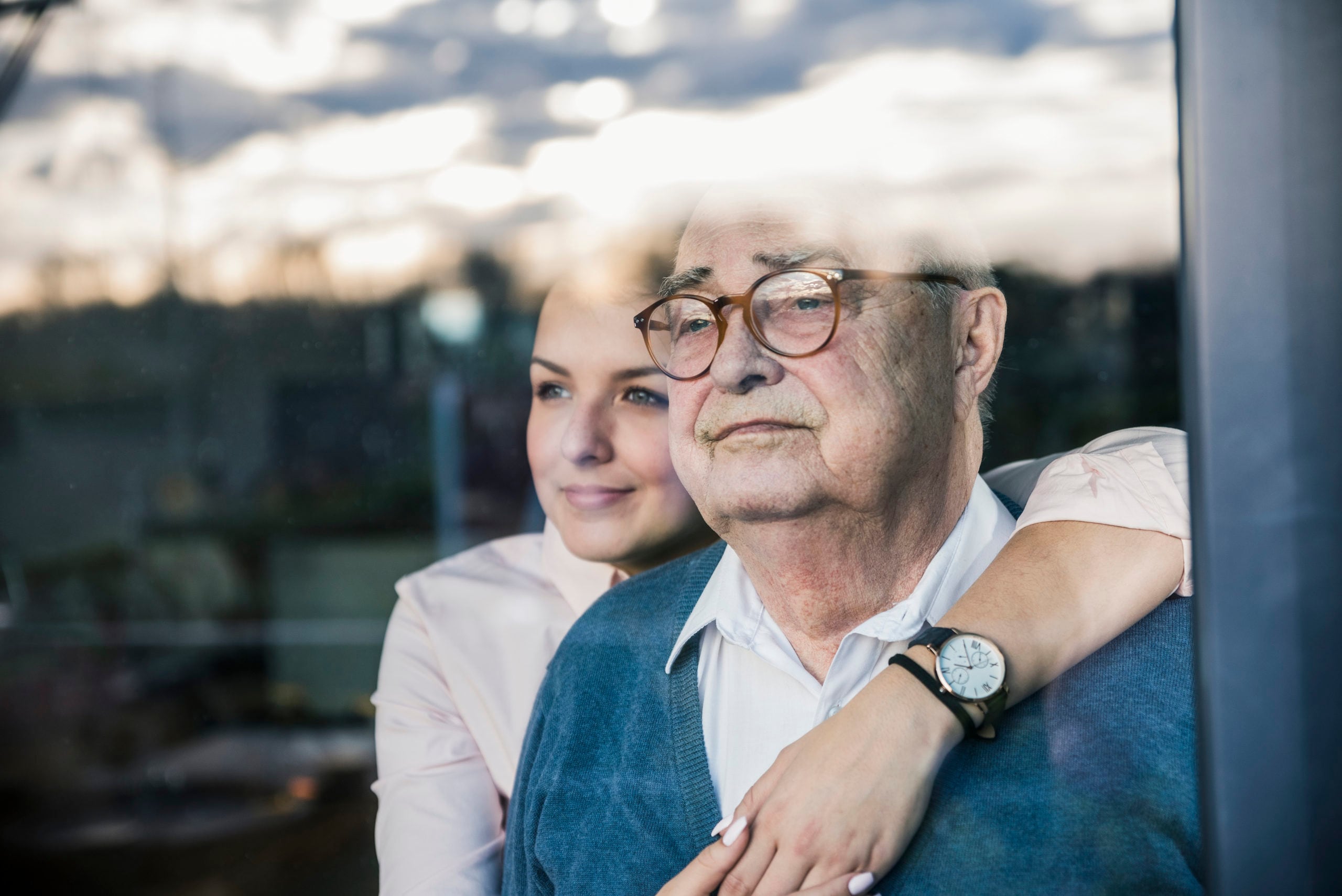It’s official: COVID-19 vaccine booster shots have been pproved for some adults over 65. In late September, the U.S. Food and Drug Administration (FDA) amended the emergency use authorization for COVID vaccines to include a single dose booster of the Pfizer-BioNTech vaccine.
The booster shots, which are a third dose of the existing mRNA vaccine, are available across the U.S., but there is still some confusion about where to get the shot, what to expect and why a third dose of the vaccine is being suggested in the first place.
To answer these frequently asked questions, we asked two experts to break down the latest guidance on additional vaccines. Here’s what seniors and their loved ones need to know about third COVID shots for seniors.
Who can get a COVID-19 booster?
COVID-19 booster shots are currently authorized only for those who got the Pfizer-BioNTech vaccine as their primary vaccine series. Boosters are available to people who completed their first two Pfizer-BioNTech shots at least six months ago and are:
- Age 65 or older.
- 50-64 years old and have an underlying medical condition.
- Over 18 and living or working in a high-risk setting.
So, what about people who got a Moderna or Johnson & Johnson shot? It’s not recommended that those people get a booster shot at this time, says Kristen Nordlund, the acting Deputy Branch Chief of News Media at the Centers for Disease Control and Prevention (CDC); however, she says boosters for those vaccines are likely on the way.
“We anticipate people in the recommended groups who got the Moderna or Johnson & Johnson vaccine will likely need a booster shot, and more data on the effectiveness and safety of these booster shots are expected soon,” Nordlund says. At the time of this writing, Johnson & Johnson has submitted data to the FDA seeking booster shot approval.
Why do seniors need a booster shot?
Boosters are being recommended due to concerns about waning vaccine effectiveness in the face of new variants, particularly among those who are immunocompromised or at least 65 years of age.
A study published in The Lancet on October 4 shows the Pfizer-BioNTech COVID vaccine continues to be 90% effective in preventing hospitalization from the virus up to six months after the second dose, even with widespread circulation of the delta variant. However, the study also shows effectiveness against infection may decline from 88% during the first month after full vaccination to about 47% after five months.
The study authors cite waning vaccine-induced immunity as the cause of the decline in effectiveness and suggest that “booster doses are likely to be needed to restore the initial high amounts of protection observed early in the vaccination program.”
How effective are Pfizer-BioNTech booster shots?
There is still some debate over the benefits of booster shots. While the Biden administration originally sought approval for booster shots for all adults, a government advisory panel rejected that plan in September, instead recommending boosters only for those who are over age 65 or in a high-risk group.
The data available so far suggests booster shots may offer a significant boost in protection for older adults. A study in Israel, where boosters were recommended for those over age 60 beginning in August, found those who received a booster shot at least five months after their initial vaccine series were 11 times less likely to be infected with COVID and 19 times less likely to develop severe symptoms. The study’s authors estimate that a booster shot can restore vaccine effectiveness to around 95%.
“The most important group for the booster are those who are severely immunocompromised, and then those who are already 65 or older or have some factors that put them at increased risk.”
— DR. DAVID CUTLER, FAMILY MEDICINE PHYSICIAN AT PROVIDENCE SAINT JOHN’S HEALTH CENTER, SANTA MONICA, CALIFORNIA
Dr. David Cutler, a family medicine physician at Providence Saint John’s Health Center in Santa Monica, California, says he recommends people get the booster shot if they are eligible, particularly if they are at a high-risk for complications from COVID-19, but he also thinks it’s a major priority to ensure that more people get their first series of vaccines.
“The most important group for the booster are those who are severely immunocompromised, and then those who are already 65 or older or have some factors that put them at increased risk,” Cutler says. “It wasn’t a unanimous decision [to authorize booster shots]. There is no consensus that people should be getting third shots. Shots are much better given to people who’ve got no vaccines. So people have to understand that getting a booster is probably a good thing to do. It’s just not the most important thing in the world to do.”
Does the COVID booster shot have any side effects?
If you or a loved one are getting a COVID booster shot, you might be wondering if there are any new side effects or potential risks that differ from the first round of vaccines. Both Cutler and Nordlund say it is safe to get a third shot, and the shot is unlikely to affect people differently than the first two doses did. “Most of our experiences have been that people would get the same types of reactions from the third vaccine that they got from the first two vaccines,” Cutler says.
According to the CDC, potential side effects from COVID vaccination include:
- Pain, swelling and redness at the injection site.
- Fatigue.
- Headache.
- Chills.
- Fever.
- Nausea.
Of those, Nordlund says a recent CDC report shows arm pain, fatigue and headache are the most common. “Side effects, which are expected with vaccination, were mostly mild, moderate and short-lived,” she adds.
While severe side effects and reactions are rare, Cutler says anyone who had a significant reaction to the first two vaccines may want to tread carefully when it comes to getting a third shot.
“Anytime we give any treatments, especially vaccines, you want to weigh the risks against the benefits,” Cutler says. “Now, in general, the risks are very small, but if you’ve had a significant adverse reaction to the vaccine, it’s possible that in getting a third vaccine you could see a greater adverse effect than the benefit you’d gain from the vaccine.”
If you’re concerned about the potential for a reaction to the vaccine, it’s important to speak with a primary care physician first to determine the best course of action.
Where can I get a COVID booster shot?
“For those eligible, getting a Pfizer-BioNTech booster shot is convenient, and they can be found at many local pharmacies or doctor’s offices,” Nordlund says.
You can start by contacting the doctor’s office or pharmacy where you received the initial vaccine series. If you’re having trouble finding a place to get a booster, Nordlund says to visit vaccines.gov, a free government resource that provides up-to-date information about vaccination services in your area. You can also reach them by phone at 1-800-232-0233 or via text message by sending your ZIP code to 438-829.





